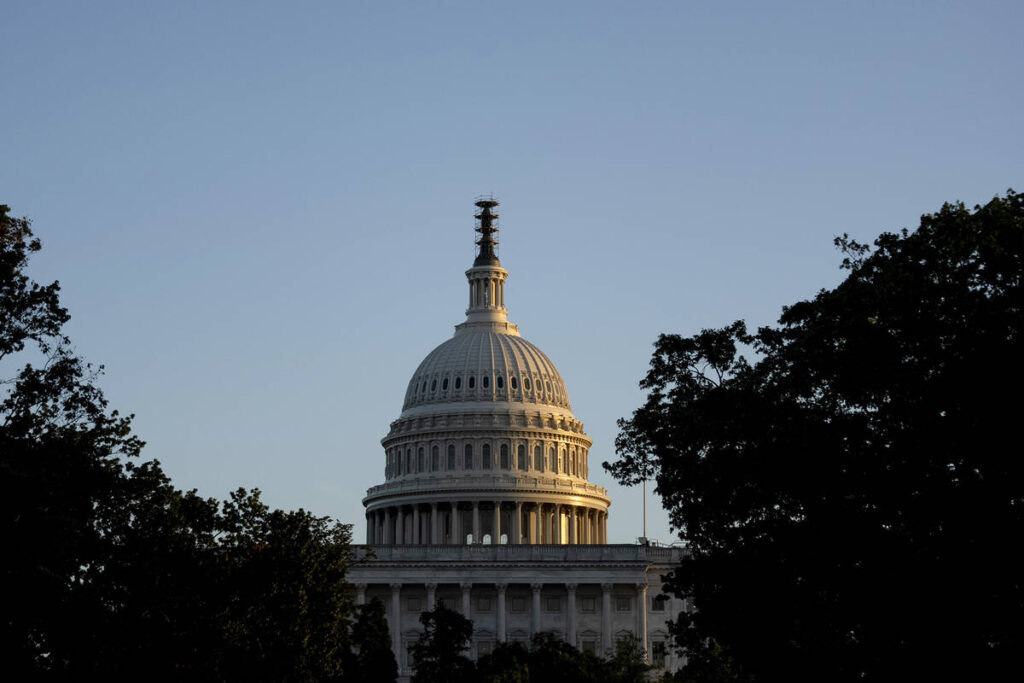Federal government hours away from a shutdown
Summary
Congress was headed into a likely federal government shutdown as funding talks stalled, with a shutdown expected at 9:01 p.m. Pacific time unless lawmakers reach a last-minute deal. The impasse centres on competing stopgap measures: House Republicans passed a short-term funding bill to keep government open until 21 November, while Democrats rejected it to press for an extension of Affordable Care Act tax credits that help subsidise health insurance.
Senate votes on both party proposals failed, and a procedural 60-vote threshold is required to advance any stopgap in the upper chamber. President Donald Trump and Vice-President JD Vance warned a shutdown was likely. About 750,000 federal employees could be furloughed, and services from airport security to benefit processing could be disrupted.
Key Points
- A shutdown was likely to begin at 9:01 p.m. PT after Democrats and Republicans remained deadlocked over funding measures.
- House Republicans approved a funding measure to keep government open until 21 November; Democrats opposed it to demand an extension of ACA tax credits.
- Democrats want immediate action to extend Affordable Care Act premium tax credits; some Republicans say they are open to extension but want changes first.
- The Senate must clear a stopgap with at least 60 votes; both party proposals failed earlier in the day.
- Roughly 750,000 federal workers could be furloughed; critical services potentially affected include TSA, air traffic operations, national parks and some benefit processing.
- Nevada Sen. Catherine Cortez Masto voted to advance both measures in an effort to avert a shutdown and stressed the need for bipartisan solutions.
- The Trump administration warned of potential permanent layoffs as political pressure during the standoff.
Context and relevance
This story matters because a shutdown directly affects federal workers, public services and people relying on government-administered benefits. It also reflects wider partisan battles over health-care policy and budget priorities heading into the autumn, and could have local impacts in Nevada and nationwide if services or payments are delayed.
Why should I read this?
Short version: if you work for the federal government, use federal services, or buy health insurance through marketplace subsidies, this could hit your wallet or routines fast. We skimmed the mess so you don’t have to — here’s the nutshell of who’s arguing, what’s at stake and what might break first.
Author style
Punchy: the piece cuts to the concrete consequences — pay, services and political blame — and highlights the immediate stakes for Nevadans and the nation. Given the national impact, the detail is worth a look.
